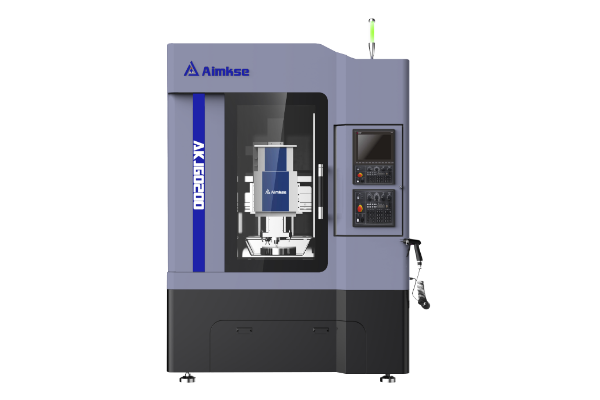As I walked through the bustling aisles of an industrial exhibition, I was struck by the diverse array of exhibitors showcasing their innovations. One particular booth caught my attention: a company specializing in advanced robotics for manufacturing. The exhibitor passionately explained how their technology could revolutionize production lines, but what intrigued me more were the legal frameworks governing such exhibitions and how they shape business interactions.
The Legal Attributes of Industrial Exhibition Exhibitors
.png)
industrial exhibition exhibitors are not merely participants; they are key players within a complex legal landscape that governs trade practices and international agreements. These regulations ensure fair competition, protect intellectual property rights, and establish standards for product safety and quality. Furthermore, these exhibitors must navigate various Trade Agreements and Treaties that facilitate cross-border commerce while adhering to specific compliance requirements set forth by participating nations.
The China Machinery Expo: A Case Study in Trade Agreements
The china machinery expo serves as an exemplary platform where industrial exhibition exhibitors can leverage Trade Agreements to enhance their market reach. This expo attracts global participants who benefit from China’s commitment to reducing tariffs on machinery imports under several bilateral agreements. Such treaties not only promote trade but also provide a framework for dispute resolution, ensuring that all parties adhere to agreed-upon terms while fostering innovation through collaboration.
Exploring ITES in Relation to Trade Agreements
The Information Technology Enabled Services (ITES) sector is another critical area influenced by Trade Agreements and Treaties at industrial exhibitions. As companies showcase their IT solutions at events like the China Machinery Expo, they must comply with international data protection laws established through various treaties. These regulations govern how personal information is handled across borders, impacting service delivery models significantly while encouraging best practices among exhibitors striving for global competitiveness.
Conclusion
In summary, understanding the legal attributes associated with industrial exhibition exhibitors is essential for navigating today’s dynamic business environment effectively. The interplay between local laws and international Trade Agreements shapes how these entities operate within exhibitions like the China Machinery Expo or engage with sectors such as ITES. By recognizing these frameworks’ significance, we can better appreciate how they foster innovation while ensuring compliance across borders.


